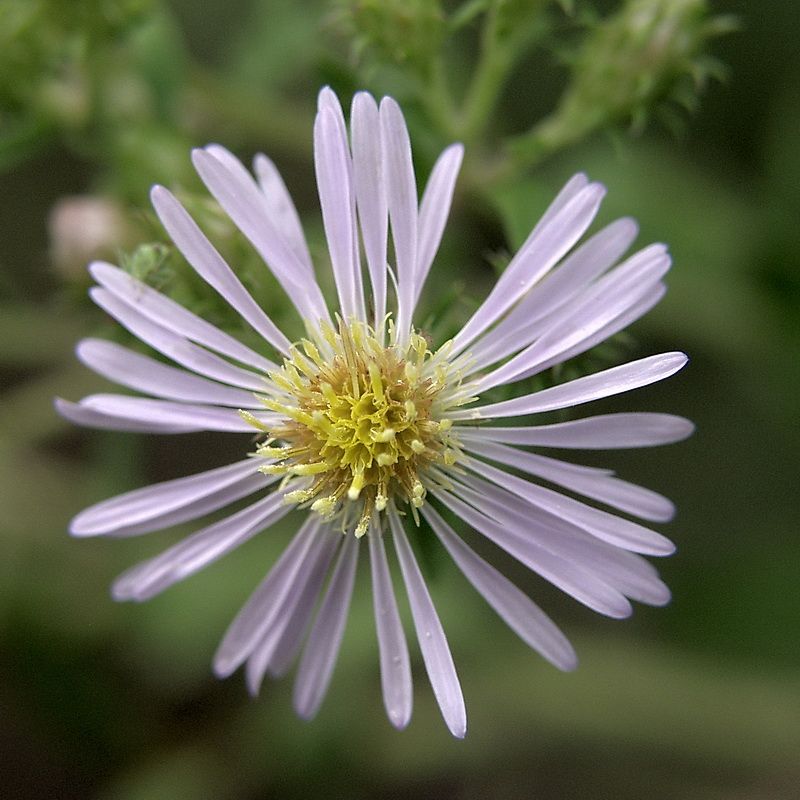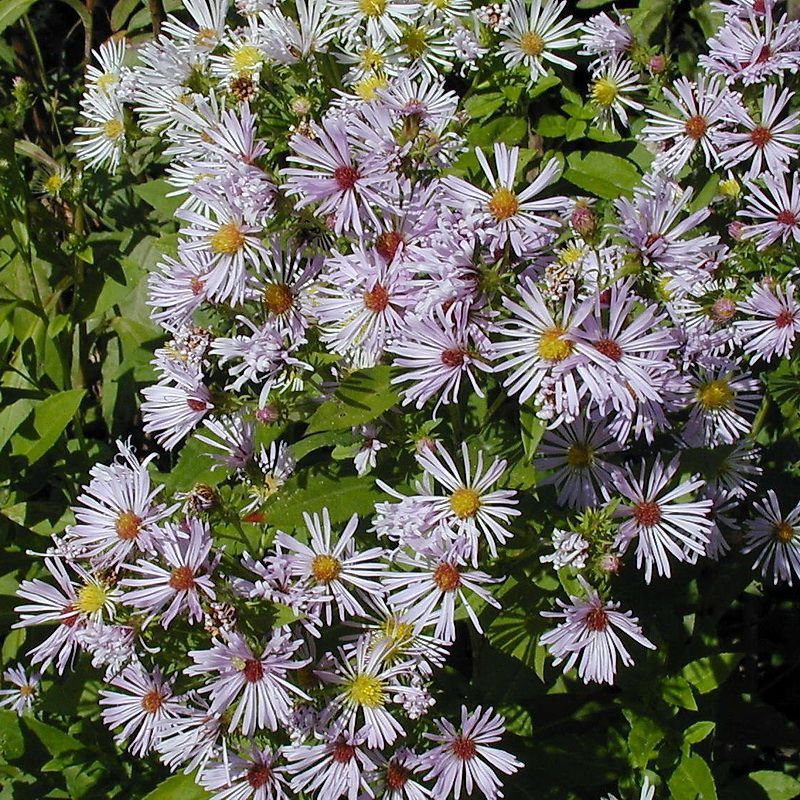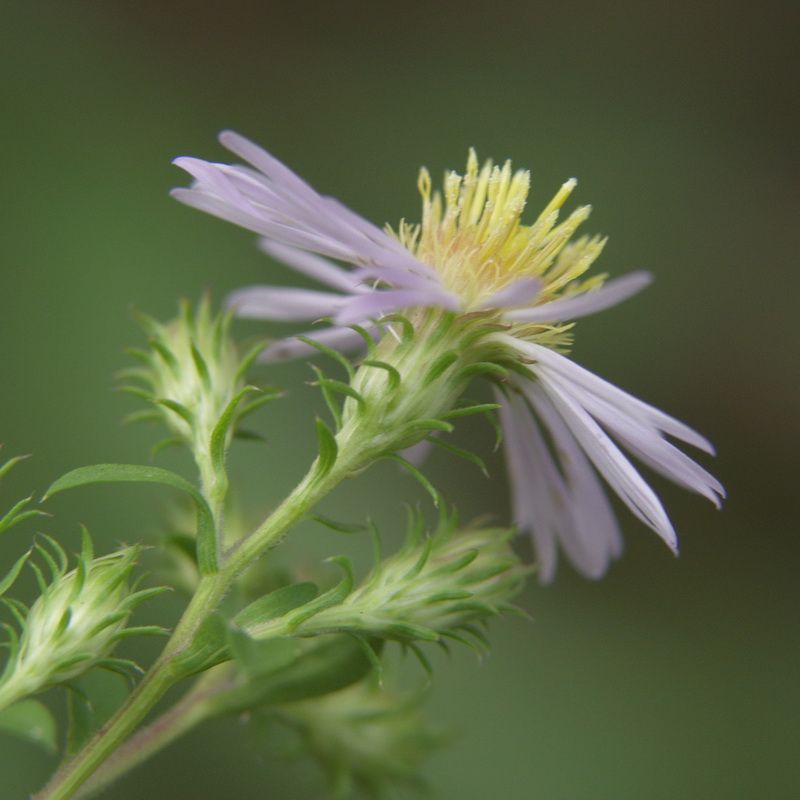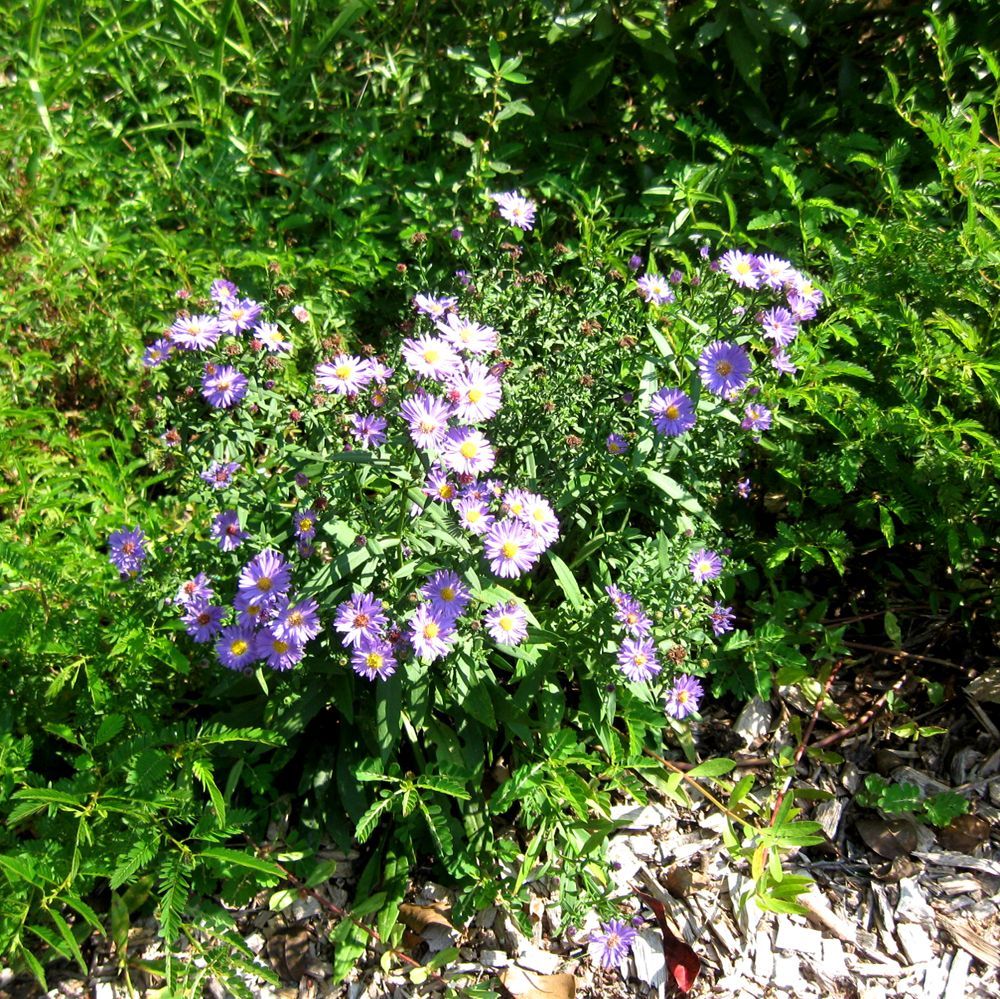FNPS Plant Database
Symphyotrichum elliottii
Nomenclature
Common Name:
Synonym(s):
Genus species:
Family:
Asteraceae (Compositae)
Plant Specifics
Form:
Size:
Life Span:
Long-lived perennial
Flower Color:
Fruit Color:
Phenology:
Noted For:
Landscaping
Recommended Uses:
Considerations:
Availability:
Propagation:
Light:
Moisture Tolerance:
Always Flooded---------------------------------Extremely Dry
□□□□□□□□□■■■■■■■■■■■■■■■□□□□□□□□□□□□□□□□□□
Stays wet -to- Somewhat moist, no flooding
Salt Water Flooding Tolerance:
Unknown
Salt Spray/Salty Soil Tolerance:
Low/no tolerance of salty wind or direct salt spray
Soil or Other Substrate:
Sand, Clay, Loam, Organic
Soil pH:
Suitable to Grow In:
8A,8B,9A,9B,10A,10B

USDA zones are based on the average annual extreme minimum winter temperature.
Don't know your zone? Click here to search by zip code.
Vouchered In:
Ecology
Wildlife:
Attracts butterflies, bees and other pollinators.
Native Habitats:
Comments:
Ethnobotany:
General Comments:
Citations:
Gann, G.D., C.J. Abbott, C.G. Stocking, K.N. Hines, and collaborators. (2001+). Elliott's Aster [in] Natives For Your Neighborhood. ( https://www.regionalconservation.org/beta/nfyn/plantdetail.asp?tx=Sympelli ). Accessed 2026. The Institute for Regional Conservation. Delray Beach, FL.
Florida Wildflower Foundation. (2024). Flower Friday: Elliott's Aster. ( https://flawildflowers.org/flower-friday-symphyotrichum-elliotti/ ). Accessed 2026. Florida Wildflower Foundation, Maitland, FL.
Hammer, Roger. (2015). Attracting Hummingbirds and Butterflies in Tropical Florida. University Press of Florida, Gainesville, FL.
Huegel, Craig N. (2012). Native Wildflowers and Other Ground Covers for Florida Landscapes. University Press of Florida, Gainesville, FL.
Wunderlin, R. P., B. F. Hansen, A. R. Franck, and F. B. Essig. (1999+). Atlas of Florida Plants. ( https://florida.plantatlas.usf.edu/ ). [S. M. Landry and K. N. Campbell (application development), USF Water Institute.] Institute for Systematic Botany, University of South Florida, Tampa, FL.













